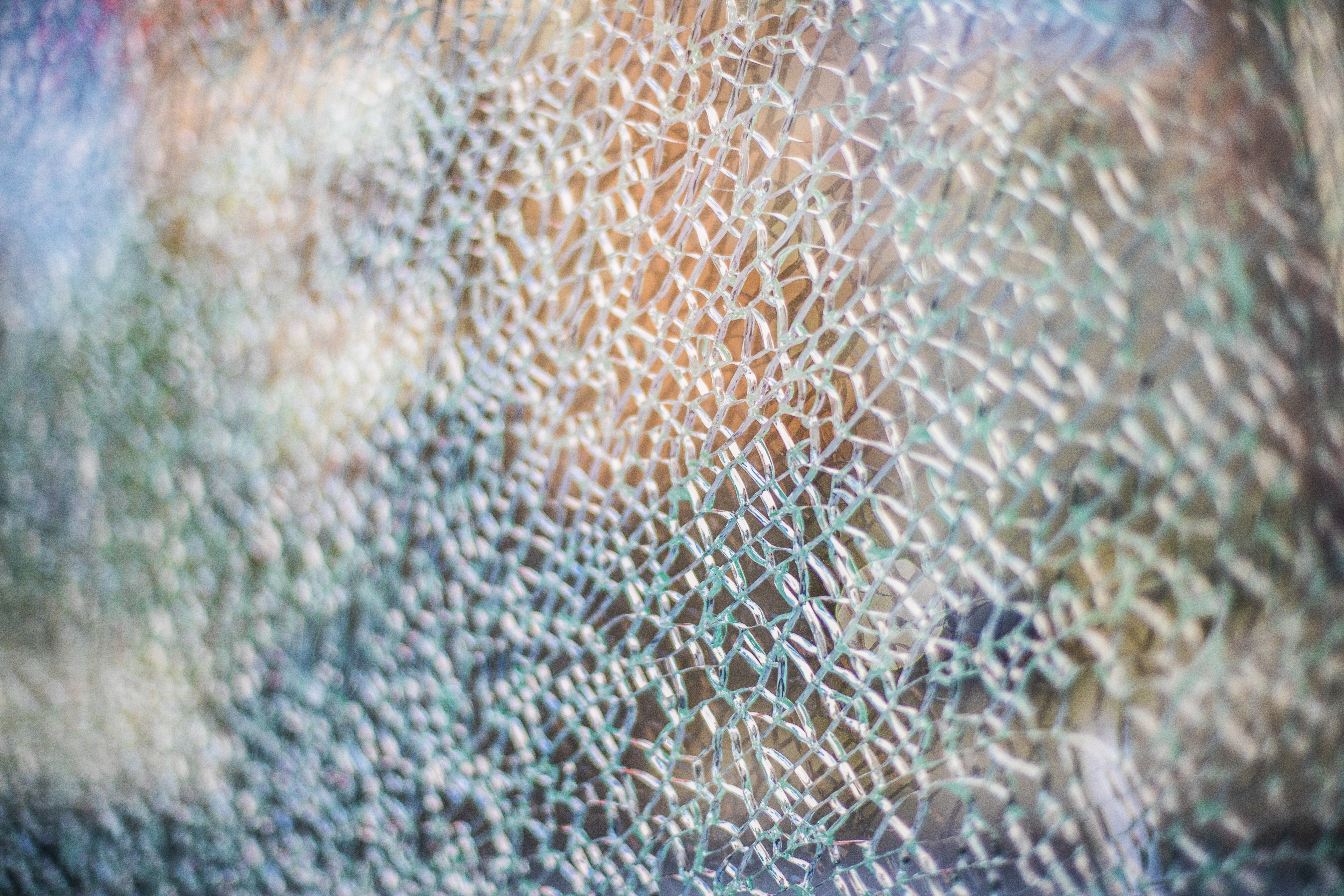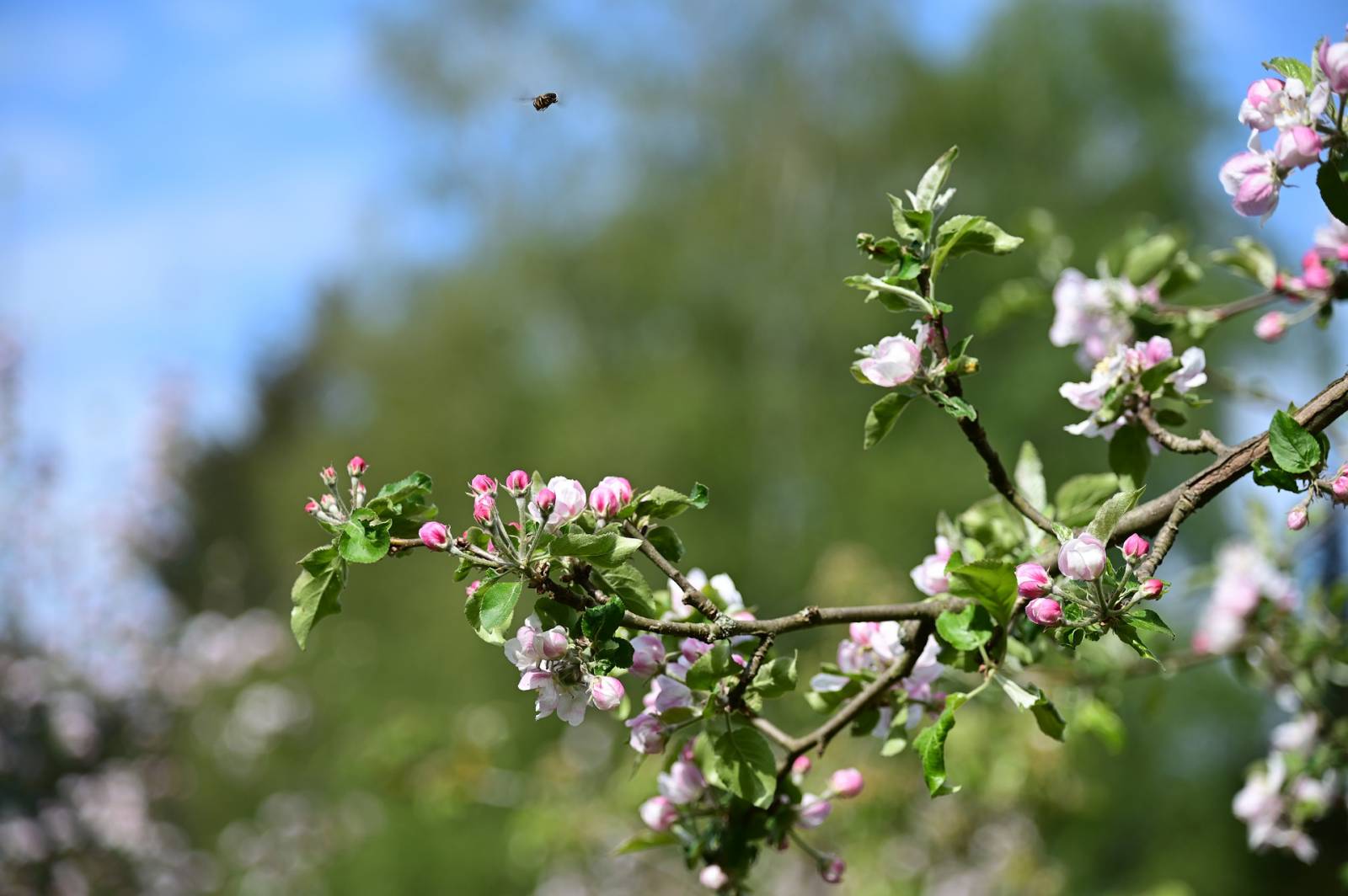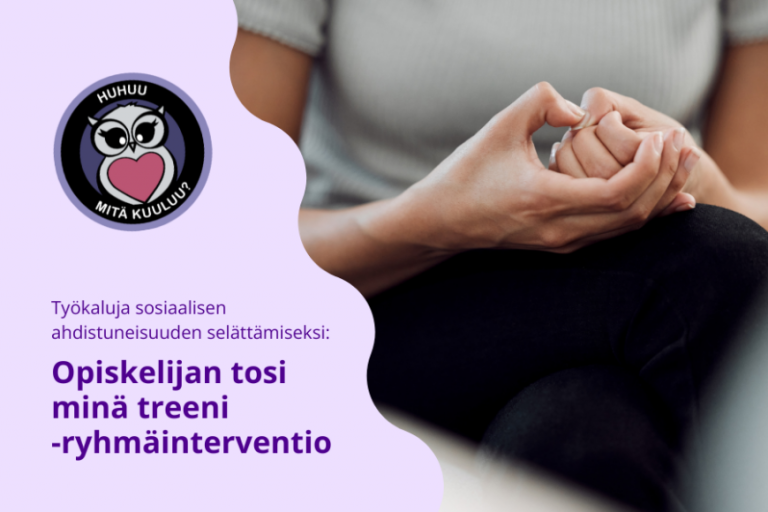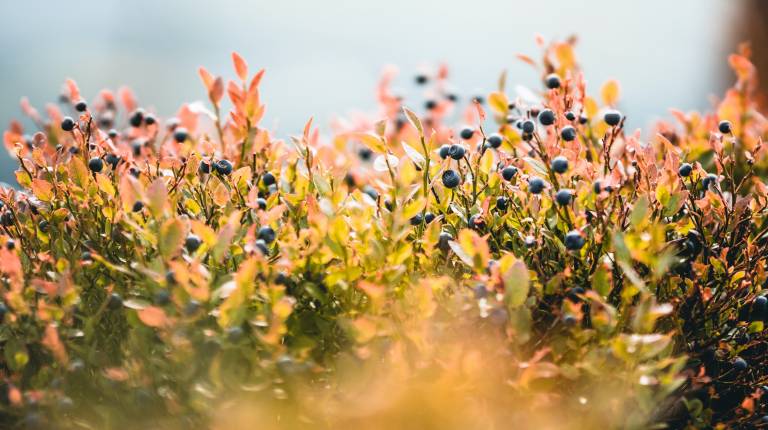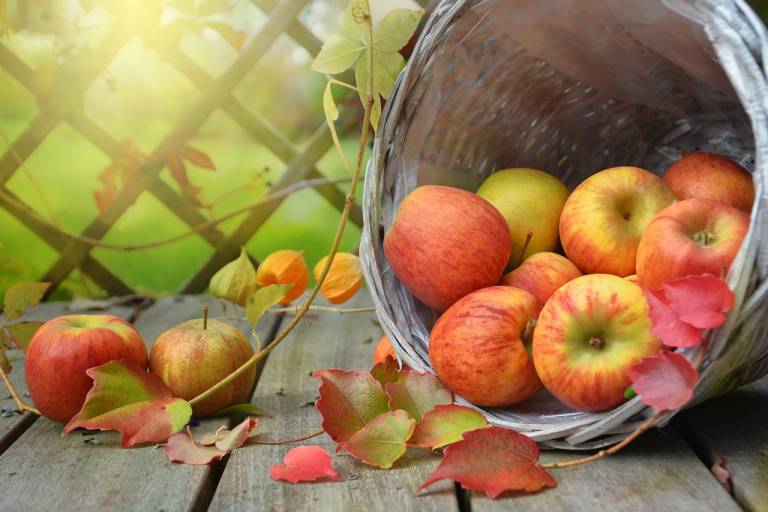In her Friday night live chats, psychotherapist and nonfiction author Maaret Kallio gently instructed her listeners to stop to consider their personal resources. The chats were part of the Finland helps campaign launched by the newspaper Helsingin sanomat. Quoting Maaret, I encourage you to take a minute to assess your personal resources and resilience on a scale of 1-10 (0=no resources; 10=excellent resources). Ask yourself: How am I doing? How do I feel right now? If the self-evaluation feels difficult, you can ask your family or friends how they perceive your personal resources as often our loved ones are quick to notice changes that are affecting us.
With the academic year drawing to a close, it is important for all of us to assess our personal resources and think what we really need this summer. Consider the following questions: What do I need right now? What do I need this summer holiday? How could you meet these needs and recharge over the summer? We can nurture our sense of hope by being attentive to and showing compassion towards our own needs.
In her 2020 book Voimana toivo (Strength of hope), Maaret Kallio talks about hope being present across three dimensions of time. We can draw strength by looking to the past and reflecting on our earlier experiences. What have we learned? How have we coped with challenging situations? We can look back on our personal history or the history of humankind. What kind of coping mechanisms have helped us in the past? It is comforting to notice that people possess amazing strength and have survived harrowing experiences.
Hope is present in this moment, right now. Hope is a force that supports us in times of despair and is often found in the little things or the small steps that are taking us forward. Often the burden we carry becomes lighter when we talk about our feelings with others. It is important to make room for feelings of hopelessness as only by accepting life’s challenges and difficulties can we strengthen our sense of hope. Hope is not forced optimism or the denial or avoidance of negative thoughts, feelings and experiences; it is about making room for uncomfortable emotions while maintaining confidence that everything will eventually work out. Somehow.
By being self-compassionate, we can keep hope alive in difficult times. You can say to yourself that it is okay to feel like this when things are tough. Other people are experiencing the same feelings, too. How would you respond to a close friend in a similar situation? What would a compassionate, wise and kind person you look up to say to you right now? What would a hopeful person do in your shoes?
Studies have shown that one way to improve our sense of well-being and be more satisfied with our life is to practice gratitude. Gratitude exercises build and nurture hope and help us reflect on the things we are thankful for. The easiest way is to end each day by writing down three things that you are grateful for. The things can be big or small, whatever comes to your mind at the time.
We can nurture our sense of hope by setting our sights on the future. Ask yourself: How can I find something to look forward to? Something that brings hope? Having plans keeps us going, because we know we have something pleasant awaiting. Often dreaming about and formulating future plans is meaningful and rewarding in itself.
When you are making plans for the summer, focus on things that you can control. Although we are still living in exceptional times, there are still plenty of things we can do. When you are setting goals and making plans, take care not to overexert yourself and exhaust your personal resources. What would a good enough summer be like for you under the current exceptional circumstances? What are the opportunities that the coming summer holds? Design a playful summer bingo of all the small things that give you joy or write down things you want to do in the summer. You can cross off the items from your bingo card as the summer goes on.
At some point when the time is right, stop to think about your lockdown experience and how it has affected your daily life. What could you learn from the experience? Is there a bright side? Have you adopted new habits that you want to keep up in your post-coronavirus life? The lockdown may have forced or allowed us to clarify our values – in our performance-oriented world that is full of choices, the restrictions may have helped us notice and appreciate the most important things in life. The lockdown experience can make it easier for us to let our values drive our actions and choices and live meaningful and personally satisfying lives – now and in the future.
With this letter about well-being, for now our last, we wish you all a hopeful and relaxing summer!
Study psychologists Sonja, Taija, Simo, Eero and Hanna
References:
Maaret Kallio’s live chats as part of the Finland helps campaign run by Helsingin sanomat. The recordings are available on YouTube.
Kallio, Maaret. 2020. Voimana toivo. WSOY.
This spring, our study psychologists have written letters about well-being to support remote working and learning and promote well-being among students and all the members of our community. All the letters written this spring are available in the Ryhmäohjaus (Group counselling) channel.
Please note that the services of the study psychologists and other centralised academic guidance and counselling services remain available to students until the end of June despite the coronavirus lockdown. See the Student’s guide for more information.
Information about the study skills for distance learning and general study skills is available in the Student’s guide.

